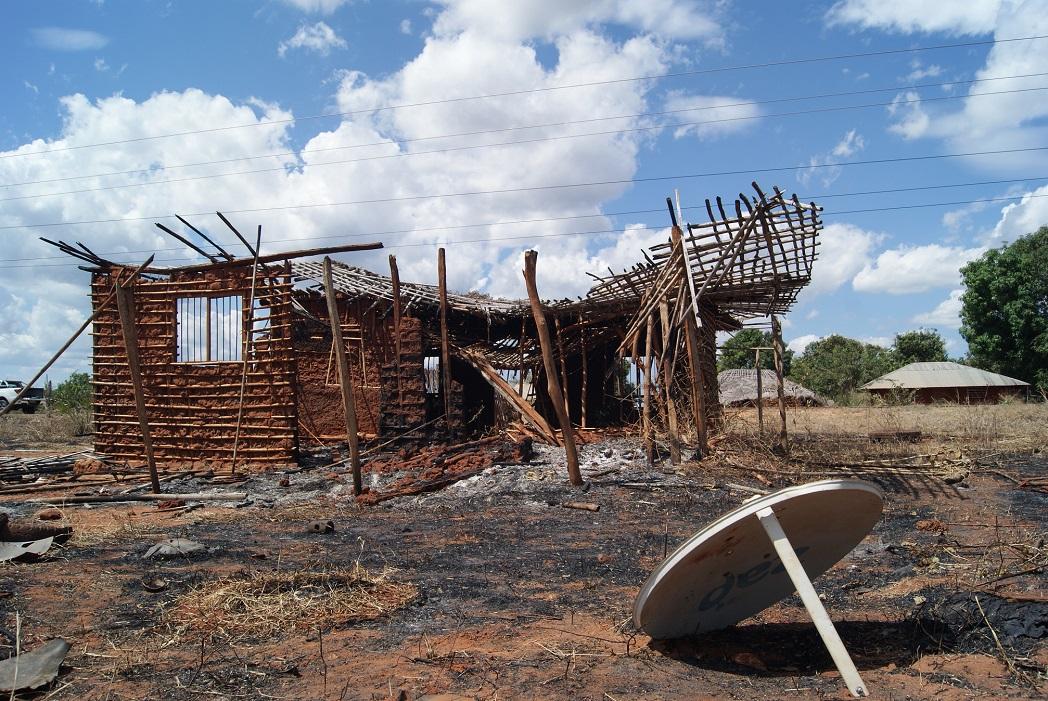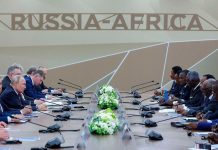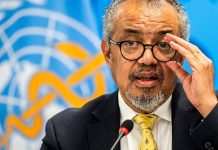Africa-Press – Mozambique. Mozambican academic Domingos do Rosário said the foreign military presence will not end the armed insurgency in the province of Cabo Delgado, northern Mozambique until the high levels of poverty in the region are tackled. Rosário made the warning in an analysis entitled “An understanding of the Rwandan military intervention in the fight against jihadism in Cabo Delgado” published in the bulletin “Dialogues: governance” of the Eduardo Mondlane University (UEM), the oldest and largest in the country.
“As long as local society remains outside a completely absent state, high levels of poverty are registered in the region and there are no policies to combat endemic corruption, which benefits the elites linked to the state apparatus, it will not be the RDF [Rwandan Defence Forces] that will put an end to the insurgency,” the researcher said.
Domingos do Rosário pointed out that increasing the security perimeter of natural gas projects – which have since been suspended due to armed attacks – has been the main concern of the joint actions of the Mozambican Defence and Security Forces (RDF) and the Rwandan forces.
This approach, it continues, can increase the radicalisation of young people in Cabo Delgado province and expand the action of armed groups to other northern provinces.
“Cleaning up the area [the stage of the armed groups’ action] to ensure the return of the LGN [liquefied natural gas] project is not sustainable, in the sense that it could result in the rapid internal expansion of the conflict, as has indeed been seen with the recent attacks in Niassa province,” the researcher said.
Domingos do Rosário points out that halting armed insurgency in Cabo Delgado requires the implementation of public policies that promote social and economic development.
He also argued that the state-run Agency for Integrated Development of the North (ADIN) should drive the social and economic development of the three provinces of the northern region and halt radicalisation, avoiding its use by political and party clientelism.
Domingos do Rosário pointed to the failure of the French military intervention against Islamism in the Sahel region as proof of the ineffectiveness of the military approach against conflicts that have a social and economic root.
Rosário said that the presence of the Rwandan military in the fight against the rebels in Cabo Delgado had the endorsement of France, aimed at protecting the investment of the French oil company Total in natural gas projects.
On the other hand, it serves the geostrategic projection of the influence of the regime of Rwandan President Paul Kagamé and the strategy of neutralising political and military opponents in Kigali.
France endorsed the Rwandan military intervention not only to defend its economic interests in Mozambique but also to achieve, the resumption of diplomatic and economic relations with Rwanda, one of the continent’s most prosperous economies, with which it had broken off relations after the 1994 genocide in that Great Lakes country.
By agreeing to intervene militarily in Mozambique, Rwanda is capitalising on its presence in Cabo Delgado to gain a new ally in Southern Africa and prevent Rwandan Hutu rebels and dissidents from Paul Kagame’s regime from allying with the jihadists in northern Mozambique and opening up a military front at any time, he added.
The fight against the insurgents in Cabo Delgado gained a new boost when joint forces from Mozambique and Rwanda recaptured the strategic port town of Mocímboa da Praia, which had been in rebel hands since 23 March.
In addition to the presence of Rwandan forces, the fight against the armed groups includes a military contingent from the Southern African Development Community (SADC).
Armed groups have terrorised Cabo Delgado province since 2017, with some attacks claimed by the extremist group Islamic State.
On Tuesday, Mozambican President Filipe Nyusi said the actions of the armed groups had resulted in the death of over 2,000 people, the flight of over 850,000 and the destruction of hundreds of social and economic infrastructures.






